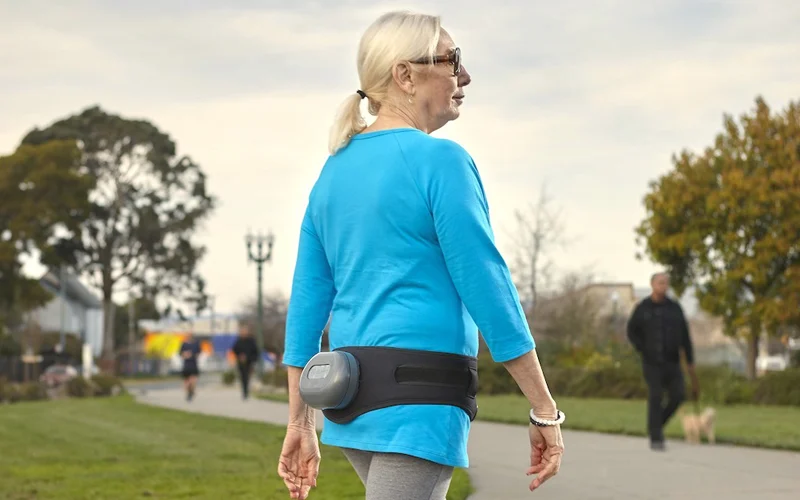Often referred to as a “silent disease,” Osteoporosis can progress without symptoms until a fracture occurs. While this condition can affect people of all ages, it is more common in older adults, particularly women past menopause. Taking preventive measures early is a beneficial approach to maintaining strong, healthy bones as you age.
A Better Understanding of Osteoporosis
Osteoporosis occurs when bone loss outpaces new growth, leading to reduced density and strength. Several factors contribute to this imbalance, such as hormonal changes, inadequate calcium and vitamin D, a sedentary lifestyle, and genetics. Although osteoporosis is most commonly linked with aging, its roots often start in earlier stages of life when bone formation is most active. Developing habits promoting bone health during youth and adulthood plays a key role in reducing the risks of this condition later in life.
A Guide for Effective Bone Health
Preventing osteoporosis involves a proactive approach to improving and preserving bone strength. Below are some helpful strategies:
- Nutritious Diet
A well-rounded diet rich in calcium and vitamin D is fundamental for bone health. Incorporating dairy products, leafy greens, almonds, and fortified cereals helps maintain calcium levels. Spending time outdoors or choosing vitamin D supplements may also support adequate nutrient levels. - Weight-Bearing Exercises
Engaging in weight-bearing and resistance exercises helps stimulate bone formation and maintain strength. Walking, running, yoga, or lifting weights can be particularly beneficial. - Avoiding Harmful Substances
Reducing or avoiding factors like smoking and excessive alcohol consumption helps support your bone health efforts. Both interfere with the body’s calcium absorption, ultimately impacting bone strength. - Monitoring Bone Density
Regular bone density tests are helpful tools for assessing bone health, especially for those with risk factors. Early detection can pave the way for personalized strategies to help maintain bone strength.
These steps can significantly enhance your bone health and reduce the risk of osteoporosis-related complications.
A Supportive Partner for Wellness
Knowing who can support you in maintaining strong bones is part of an effective preventive plan. Anyone with a family history of osteoporosis, those in menopause, or individuals with conditions affecting calcium absorption should seek professional guidance.
A healthcare provider, such as a primary care physician, endocrinologist, or nutritionist, can collaborate with you on creating a tailored plan. Whether that includes diet adjustments, physical therapy, or specific screenings, these professionals are well-equipped to provide the guidance you need. OBGYNs also play a key role in supporting women’s overall health, including bone health. They provide valuable insight into how hormonal changes significantly impact bone density. They will also offer recommendations for preventive care or treatment options tailored to individual women’s needs.
Physical therapists can also suggest customized exercises to strengthen your posture and reduce the risk of falls. Seeking the appropriate expertise helps you take the right steps toward wellness.
Better Bone Health Awaits
Preventing osteoporosis is about making mindful choices that support your long-term bone health. By learning about the condition, adopting nourishing habits, staying active, and connecting with the right professionals, you can build a stronger foundation for years to come. Take charge of your wellness and contact a healthcare professional who can create a strategy for optimal bone health.
- What Is Medicaid Exclusion For Funeral Plans – Benefits of Medicaid Funeral Exclusions!
- Banner Desert Medical Center – Trusted Care in Arizona!
- Why Cranberry Femine Health – The Ultimate Natural Wellness Guide for Women!
- What Is The Best Peptide For Bone Health – A Comprehensive Overview!
- Why Is Signify Health Calling Me – Understanding the Purpose Behind the Call!

Leave a Reply